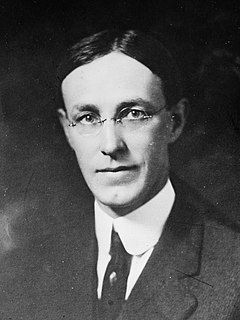A Quote by Arthur Schopenhauer
Life is a task to be done. It is a fine thing to say defunctus est; it means that the man has done his task.
Related Quotes
Man's main task in life is to give birth to himself, to become what he potentially is. The most important product of his effort is his own personality. One can judge objectively to what extent a person has succeeded in his task, to what degree he has realized his potentialities. If he has failed in his task, one can recognize this failure and judge it for what it is - a moral failure.
It is as if a king had sent you to a country to carry out one special, specific task. You go to the country and you perform a hundred other tasks, but if you have not performed the task you were sent for, it is as if you have done nothing at all. So people have come into the world for particular tasks, and that is our purpose. If we don't perform it, we will have done nothing.
It is deeply interesting to notice also where the citizens were put to work. Each was set to labor on the bit of all opposite his home... I do not say that men are not called to service in far distant places... But I do say that for the vast majority the task that God appoints is the task lying at the door. The nearest thing is God's thing. The nearest duty is God's duty. He who cannot find his service there is little likely to be useful anywhere.
When a man finds that it is his destiny to suffer, he will have to accept his suffering as his task; his single and unique task. He will have to acknowledge the fact that even in suffering he is unique and alone in the universe. No one can relieve him of his suffering or suffer in his place. His unique opportunity lies in the way in which he bears his burden.






































